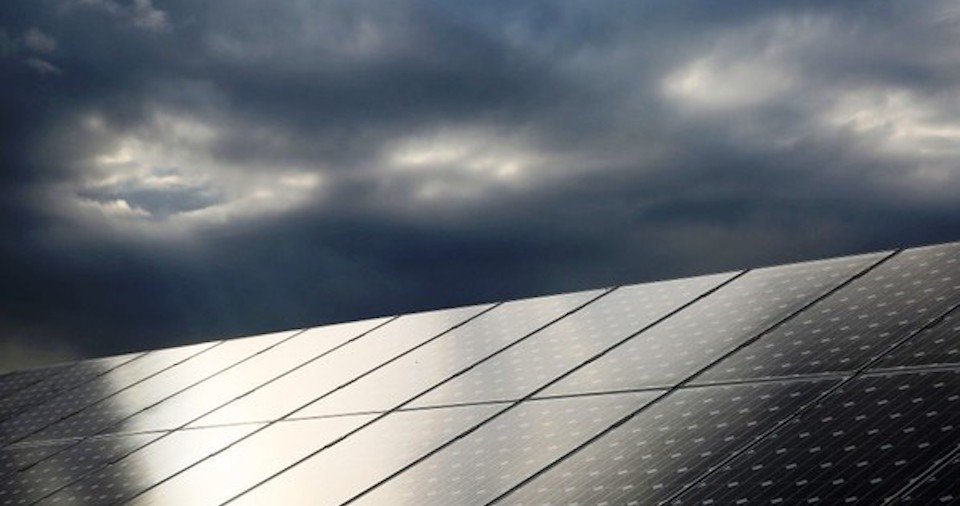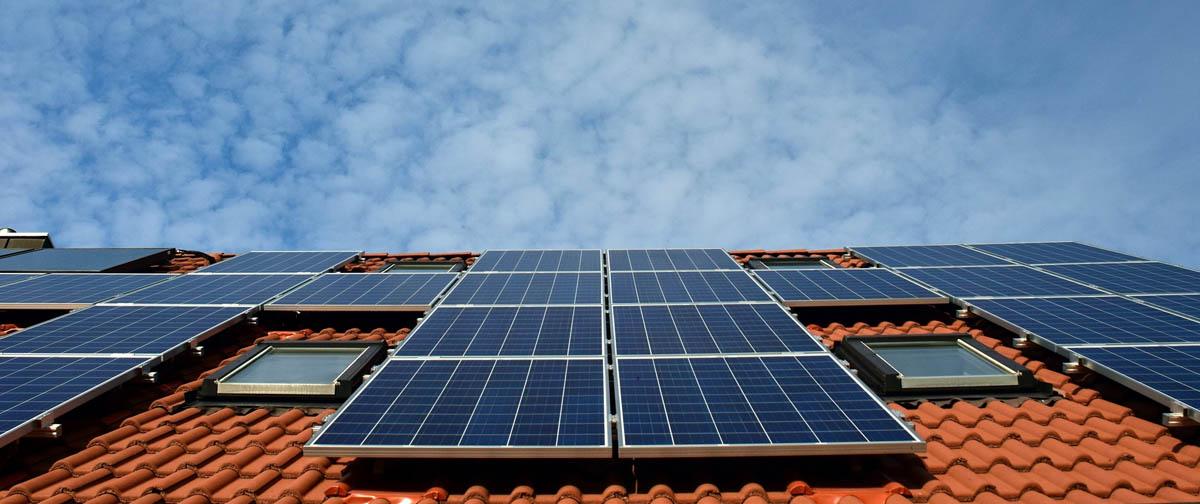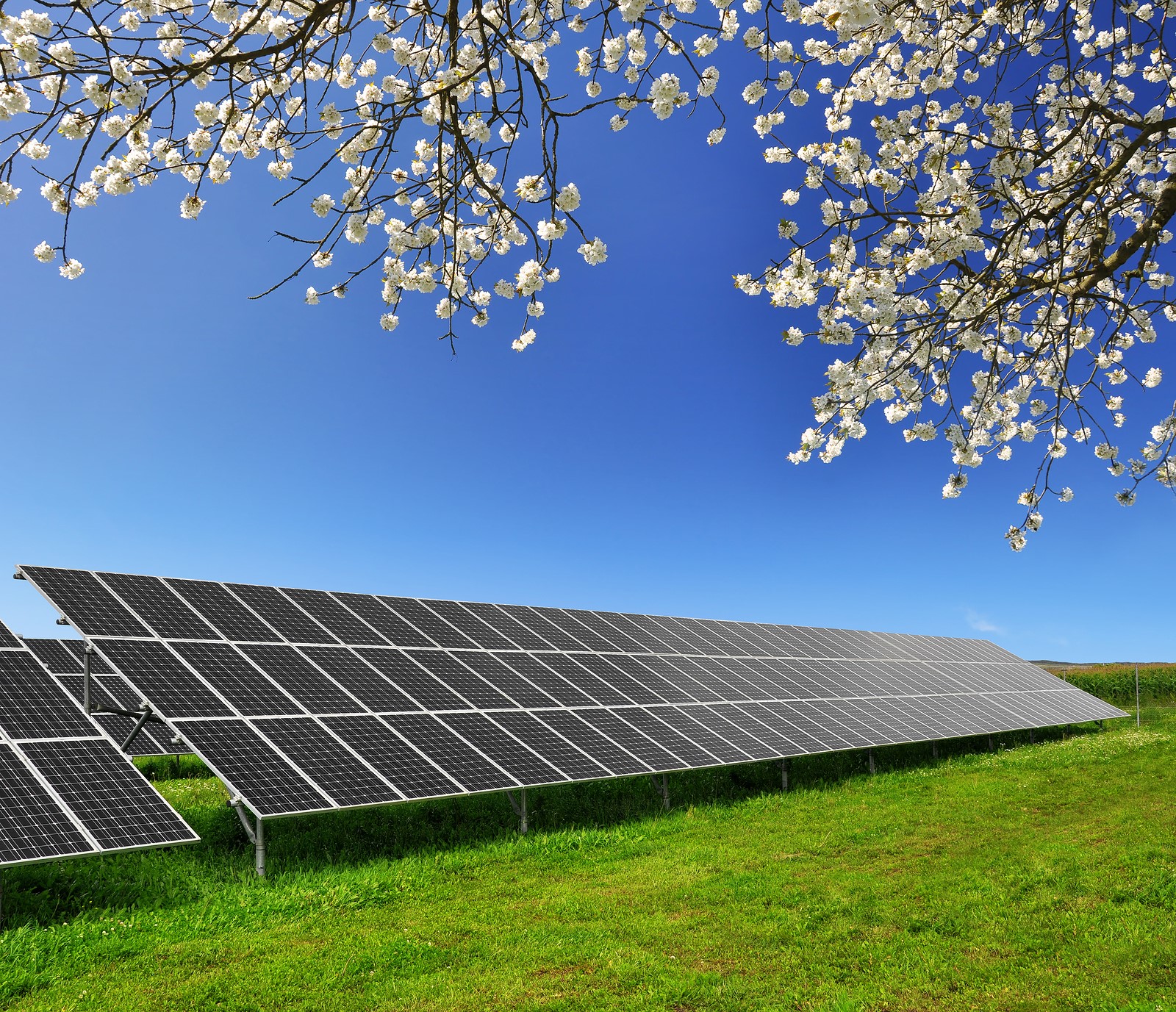5 hours x 290 watts an example wattage of a premium solar panel 1 450 watts hours or roughly 1 5 kilowatt hours kwh.
Do solar panels generate electricity on cloudy days.
But depending on the cloud cover and the quality of the solar panels efficiency can drop to anywhere from 10 to 25 percent of the energy output seen on a sunny day.
It snows a lot and snow can cover my entire system for a week or more.
How much energy does a solar panel produce.
Well the short answer is that solar panels only need light rather than direct sunlight to generate power.
On a cloudy day solar panels will typically generate 10 25 of their output on a clear day.
Take a look at solar energy around the world.
The edge of cloud.
Solar panels do produce electricity on cloudy days but less.
The article how much electricity will my solar panels make discusses this in more detail.
Yet when the sun shines through the clouds solar panels still get direct sunlight plus light reflected from the clouds.
As with nighttime hours the efficiency of solar panels decreases on cloudy days since less sunlight can pass through the clouds to reach your solar roofs.
Thus the output for each solar panel in your array would.
Here s what that looks like.
The exact amount will vary depending on the density of the clouds and may also vary by.
So we know that a solar pv system will still generate electricity for your home when the sky is full of clouds but how.
It just reduces the output of energy.
The thicker the clouds the less power the system will produce.
Solar panels generate the most electricity on clear days with abundant sunshine not surprisingly.
For that same reason solar panels can still produce electricity on cloudy days.
But do solar panels work in cloudy weather.
Amazingly you can get more solar energy out of a cloudy day than a sunny one.
Winter here is a different story.
How much electricity do solar panels generate in winter.
However this does not mean that zero power is being produced just a lot less.
Maximum sunlight is necessary in order to provide optimal performance.
So if you live in a place with cloudy weather you can still get a solar power system.
A light dusting of snow will get blown away but after about an inch of snow accumulates on the panels electricity production is stopped completely.





























